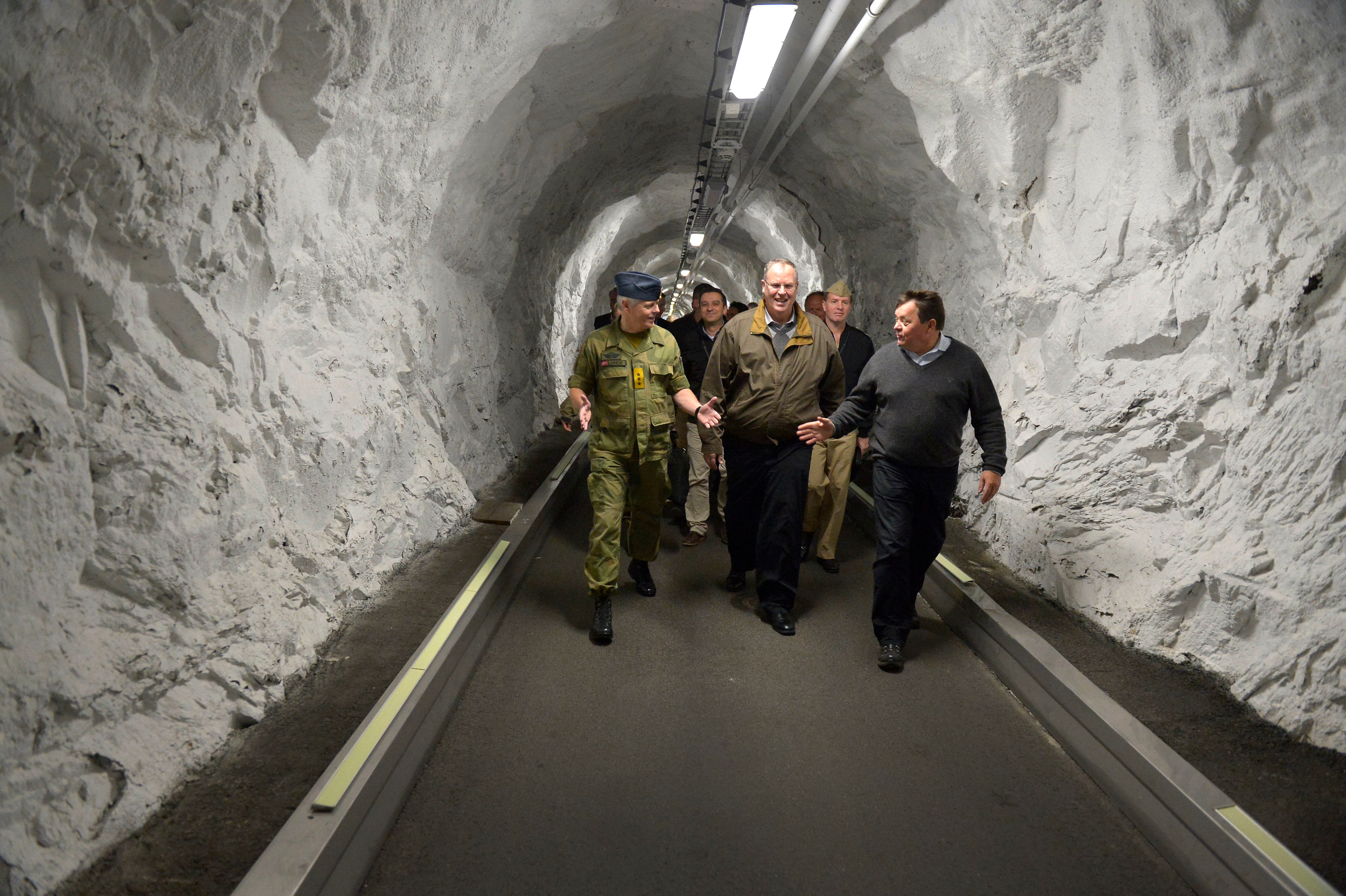WASHINGTON ― Google is using its expertise in artificial intelligence to help the Pentagon analyze drone footage. First reported by Gizmodo, the tech giant has launched a pilot program with the Department of Defense’s Project Maven to develop AI that can quickly identify object classes from the incredibly large amount of footage collected by drones and other ISR assets.
The Verge reported Google is providing DoD with access to its TensorFlow software to create object recognition algorithms. Essentially a library of data, software engineers use TensorFlow to train their algorithms for a variety of machine learning and deep neural network research. The partnership has reportedly “outraged” Google employees, who strongly believe the company should not help DoD engineer technology that could eventually be used to target humans.
“We have long worked with government agencies to provide technology solutions,” a Google spokesperson told Gizmodo. “This specific project is a pilot with the Department of Defense, to provide open source TensorFlow APIs that can assist in object recognition on unclassified data. The technology flags images for human review, and is for non-offensive uses only.”
Originally developed by Google, TensorFlow is now used by wide-range of companies, from social media platforms like Snapchat and Twitter, to defense suppliers like Airbus Space and Defense.
RELATED

Former Deputy Secretary of Defense Bob Work established Project Maven, officially known as the Algorithmic Warfare Cross Functional Team, in April 2017. The goal of the project was to deliver AI technologies to an active combat theater within six months after receiving funding. The project has achieved this goal, having already deployed AI technology to help U.S. troops in the fight against ISIS.
But work remains. Developing even more reliable algorithms to analyze the terabytes of information collected by drones requires a significant amount of time and effort. Training images must be categorized and labeled by analysts so algorithms can be properly trained to identify object classes. In examining the labor involved with executing a Project Maven type program, Greg Allen, an AI and national security expert, has noted the categorization and labeling phase of automation can, paradoxically, be labor-intensive.
Daniel Cebul is an editorial fellow and general assignments writer for Defense News, C4ISRNET, Fifth Domain and Federal Times.







